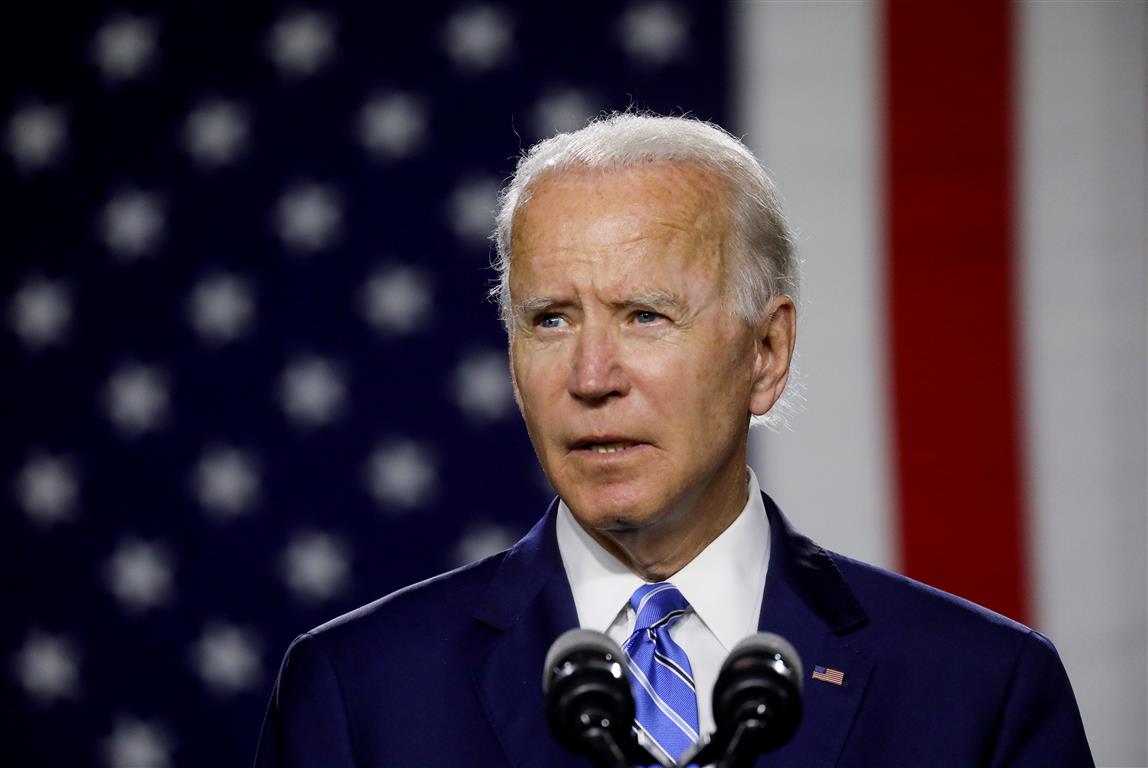How well the Biden administration can execute the fundamental objective of promoting American interest will be keenly watched in the days to come; including in India, which will have to plan and execute adroit diplomatic manoeuvres to advance its own interest while aligning closer with the US.
There is no denying that the international system through which the Biden administration has to navigate the national interest of the United States is one fraught with a number of challenges at the global level. In the realms of security and economics, the United States has been entering a dynamic balance of power, where not only the rise of a near peer competitor like China, but also the emergence of new power centres in the international system, has led to debates of America’s relative decline. Successive American presidencies in the last two decades have had to deal with the ramifications of a global order, in which the United States still retains its role as a primary agenda setter, but one in which other major powers have been increasingly staking their claims to being part of global decision-making. While the US remains the undisputed military power in the international system, it exists in a much more multipolar system in the economic domain. Its economic primacy has been challenged with China’s growing economic influence and the rise of other economic powers that seek their own leverage in the global economic order. Therefore, Biden’s global agenda is bound to attest importance to an economic recovery of the United States, which has been hit severely by the pandemic.
Restoring America’s economic dynamism in the present circumstances, will largely be linked to how the Biden administration handles the impact of the pandemic on the economic health of the country. The fundamental question confronting the Biden administration, like his predecessors, will be the implications that the changing balance of power in the security and economic order will have for the formulation and execution of US foreign policy. In the 21st century US foreign policy lexicon, the debates on US’ relative decline has been accentuated, and with the United States involved in costly wars in Afghanistan and Iraq, China rose to prominence in the international system. Having spent resources and attention to the “forever wars” in Afghanistan and Iraq, the Obama administration attempted to shift gears, and focused US grand strategy towards the dynamic region of Asia-Pacific, which later morphed into President Trump’s call for a “free and open” Indo-Pacific.
In terms of enduring strategic challenges for the United States, nothing seems more paramount than the one it faces in the Indo-Pacific and therefore, the Biden administration, like its predecessor, will be putting its best foreign and security team forward, in terms of prioritising America’s national interest in the evolving regional dynamics. In this context, the challenge is not only of counteracting China’s rise, but also of how best to affect changes in China’s behavioural patterns for the pursuit of a stable regional security architecture. Towards this goal, the Biden administration will be putting extra focus on strengthening America’s alliances and new strategic partners in the region like India, and acting more in concert with its European partners who also have stakes in the Indo-Pacific.
The way in which the recent US-China diplomatic meeting in Alaska played out reflects the serious challenges waiting for the Biden administration. Apart from the overwhelming China challenge, how the Biden administration will deal with foreign policy conundrums such as America’s tense relationships with Iran, Russia and North Korea, compared to the Trump administration remains largely in the realm of conjectures and in process. These countries have constantly, been under the radar screen of US threat perceptions, and to what extent geopolitical circumstance will allow the Biden administration to bring about any fundamental shift will be significant. Moreover, the seismic geopolitical changes evolving the larger West Asian region will see the Biden administration walking a minefield of opportunities and challenges. There is no denying that Biden’s approach to climate change has already seen significant shift compared to the Trump administration. Further, the competition of the 21st century will be seen in the realm of new technologies and innovation, and how well the United States can maintain its edge unilaterally as well working with like-minded countries will be a test for the Biden administration.
President Biden, having served the US Congress for long, and having occupied the office of Vice President during the Obama administration, has been at the centre of US foreign policymaking. Biden’s worldview has been shaped by old and new forces of global politics, experiences of the Cold War, the post 9/11 US military ventures in Afghanistan and Iraq and its evolving great power dynamics with China. In the end, for the Biden administration, like all other US presidencies, keeping American first will be the motto for its global agenda. How well the Biden administration can execute the fundamental objective of promoting American interest will be keenly watched in the days to come; including in India, which will have to plan and execute adroit diplomatic manoeuvres to advance its own interest while aligning closer with the United States.
Both military dimension as well as non-military dimension of security such as environment and climate change will figure prominently on President Biden’s radar screen. The United States will obviously make an attempt to get back to centre stage and strengthen its relationship with the allies. Friends like India will remain pivotal to the realising of US dreams. India and the US will be indispensable partner for addressing all the global issues.
Arvind Kumar is Professor of United States’ Studies and Chairperson of the Centre for Canadian, United States and Lation American Studies at the School of International Studies, JNU, New Delhi. Monish Tourangbam teaches Geopolitics and International Relations at Manipal Academy of Higher Education, Manipal.

